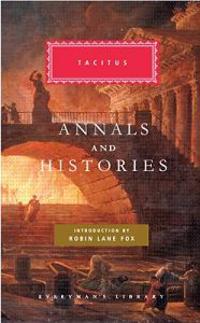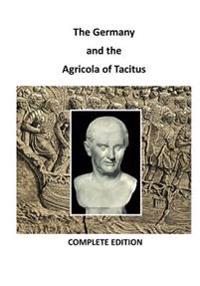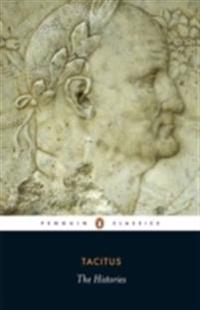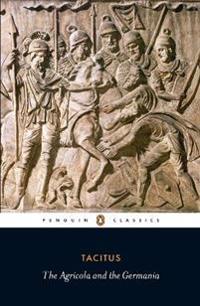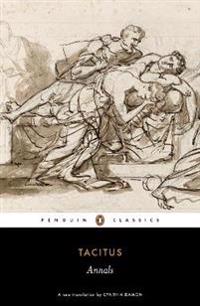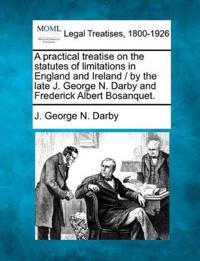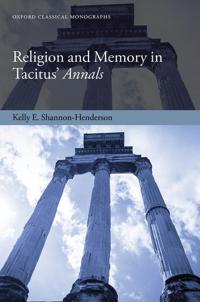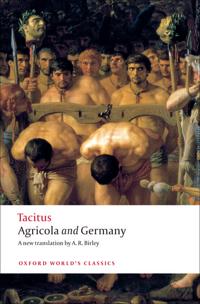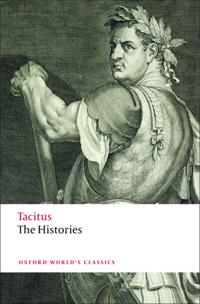Tacitus: Annals Book IV (Pocket)
avMartin, R, Tacitus, Cornelius Annales B, Tacitus, Tacitus
ISBN: 9780521315432 - UTGIVEN: 1990-01-25The fourth book of Tacitus' Annals has been described as "the best that Tacitus ever wrote." It covers the years AD 23-28, starting when Tacitus noted a significant deterioration in the principate of the emperor Tiberius, and the increasingly malign influence of his "evil genius" Sejanus. R.H. Marti[...]
Tacitus and the Principate: From Augustus to Domitian (Pocket)
avChristopher Burnand, Cornelius Annales B. Tacitus
ISBN: 9780521747615 - UTGIVEN: 2011-07-21An exciting series that provides students with direct access to the ancient world by offering new translations of extracts from its key texts.[...]
Tacitus (Inbunden)
avCornelius Tacitus
ISBN: 9780674991231 - UTGIVEN: 1985-06Tacitus (c. 55 c. 120 CE), renowned for concision and psychology, is paramount as a historian of the early Roman empire. What survives of Histories covers the dramatic years 69 70. What survives of Annals tells an often terrible tale of 14 28, 31 37, and, partially, 47 66.[...]
Tacitus' Germania - Scholar's Choice Edition (Häftad)
avCornelius Tacitus
ISBN: 9781293938492 - UTGIVEN: 2015-02Tacitus' Germania - Scholar's Choice Edition (Häftad)
avCornelius Tacitus
ISBN: 9781293940358 - UTGIVEN: 2015-02Tacitus: Agricola (e-bok)
avTacitus
ISBN: 9781316055786The first work of any great historian has always commanded attention, and Tacitus was ancient Rome's very greatest historian. His biography of his father-in-law, governor of Britain in the years AD 77-84, is a literary masterpiece: it combines penetrating political history with gripping military nar[...]
Annals and Histories (Inbunden)
avTacitus, Cornelius Annales B. Tacitus
ISBN: 9780307267504 - UTGIVEN: 2009-10The Histories (Storpocket)
avCornelius Tacitus
ISBN: 9780140449648 - UTGIVEN: 2009-06In AD68 Nero's suicide marked the end of the first dynasty of imperial Rome. The following year was one of drama and danger, though not of chaos. In the surviving books of his "Histories" the barrister-historian Tacitus, writing some thirty years after the events he describes, gives us a detailed ac[...]
Agricola and Germania (Häftad)
avTacitus
ISBN: 9780140455403 - UTGIVEN: 201001"The Agricola" is both a portrait of Julius Agricola - the most famous governor of Roman Britain and Tacitus' well-loved and respected father-in-law - and the first detailed account of Britain that has come down to us. It offers fascinating descriptions of the geography, climate and peoples of the c[...]
Annals (Häftad)
avTacitus
ISBN: 9780140455649 - UTGIVEN: 201211This is a compelling new translation of Tacitus' "Annals", one of the greatest accounts of ancient Rome, by Cynthia Damon. Tacitus' "Annals" recounts the major historical events from the years shortly before the death of Augustus to the death of Nero in AD 68. With clarity and vivid intensity Tacitu[...]
The Annals (Pocket)
avCornelius Tacitus
ISBN: 9780192824219 - UTGIVEN: 2008-08-10The Annals is a gripping account of the Roman emperors Tiberius, Claudius, and Nero and the brutality that marked their reigns. Tacitus deplores their depravity, proof of the corrupting force of absolute power. J.C. Yardley's vivid and accurate translation is complemented by a thorough introduction [...]
Religion and Memory in Tacitus' Annals
ISBN: 9780198832768 - UTGIVEN: 2019-01Throughout his narrative of Julio-Claudian Rome in the Annals, Tacitus includes numerous references to the gods, fate, fortune, astrology, omens, temples, priests, the emperor cult, and other religious material. Though scholars have long considered Tacitus' discussion of religion of minor importance[...]
Agricola and Germany (Häftad)
avTacitus
ISBN: 9780199539260 - UTGIVEN: 200903'Long may the barbarians continue, I pray, if not to love us, at least to hate one another.' Cornelius Tacitus, Rome's greatest historian and the last great writer of classical Latin prose, produced his first two books in AD 98. He was inspired to take up his pen when the assassination of Domitian [...]
The Histories (Häftad)
avTacitus
ISBN: 9780199540709 - UTGIVEN: 200805'The story I now commence is rich in vicissitudes, grim with warfare, torn by civil strife, a tale of horror even during times of peace.' Edward Gibbon called The Histories an 'immortal work, every sentence of which is pregnant with the deepest observations and the most lively images'. Its author, C[...]
Tacitus
ISBN: 9780521269391 - UTGIVEN: 2017-12Tacitus' account of Nero's principate is an extraordinary piece of historical writing. His graphic narrative (including Annals XV) is one of the highlights of the greatest surviving historian of the Roman empire. It describes how the imperial system survived Nero's flamboyant and hedonistic tenure a[...]
Tacitus
ISBN: 9780521469968 - UTGIVEN: 2001-05Tacitus' Dialogus de Oratoribus is his most neglected work - there has not been an English-language commentary in over a century - and yet it is arguably his most original. Although among his earliest writings it shows complete mastery of the dialogue from and of Ciceronian idiom. It makes an origin[...]











